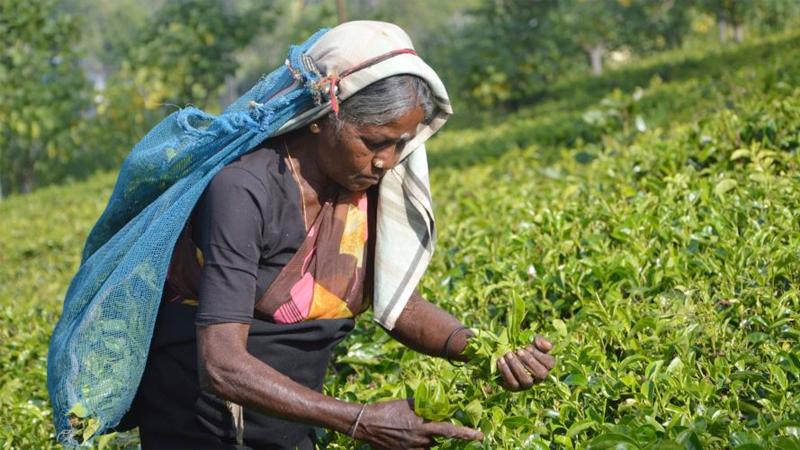
The shortage of fuel and electricity has resulted in the disruption of daily activities in the plantation sector, the Colombo Tea Traders› Association stated last week.
The transport of green leaf from the fields of tea smallholders and plantations to the factories is virtually bordering a collapse.
Manufacturers are unable to process the harvest on time due to lack of diesel for the generators. The likelihood of some factories closing down due to the current situation is real, the Association said. This would have a serious impact on the Tea Smallholders who contribute over 70% of the National Production annually, and rely on manufacturers to process their green leaf.
Tea auctions are held weekly on consignments of tea delivered to Colombo. The transporters from various planting districts are unable to do so due to acute shortage of diesel. This will affect the conducting of the weekly tea auctions in Colombo that would have a negative impact on the entire value chain of the Industry. Similarly, buyers and exporters are affected by the lack of fuel and electricity, unable to process and meet delivery schedules of the importers.
This would have an irreversible impact on the Industry where the importers will look to replace Ceylon Tea, with teas from other origins. This crisis, if not resolved at the earliest, will have a drastic effect not only on the national economy but over two million people whose livelihood is supported by the tea industry. The industry supports the livelihood of over two million people and is pivotal in sustaining the key areas in the rural economy.
Sri Lanka exports over 90% of its annual production and the export earnings are over 1.3 billion USD.
